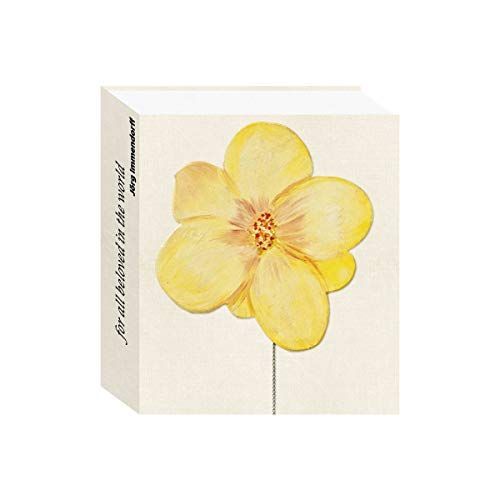
Jorg immendorf Fur alle lieben in der welt
The first major exhibition catalog on Jörg Immendorff (1945-2007) since his death, this volume offers a thematic overview of more than four decades of the artist's work, with more than 120 iconic paintings. For All Beloved in the World offers a thematic overview of the work of this German artist, whose identity is deeply enshrined in his home country's history and characterized by a post-war background. More than 120 works do not follow a strict chronology of the works; instead they present the key element in the development of Immendorff's oeuvre in chapters. They give a nuanced view of the artist's life and work and include some of the rarest loans, bringing together more than four decades of the artist's work united with iconic paintings. It was not until the end of the 1970s that Immendorff decided to shift his threefold existence as a political activist, teacher and painter to the side of art. The year 1976 was key in some respects; Immendorff participated in the Venice Biennale with a flyer campaign that attacked the 'deprivation of personal liberty' in the GDR and called for international artistic co-operation as a vehicle to overcome it; this was followed in 1978 by the beginning of his Café Deutschland series, inspired by Renato Guttuso's Café Greco, which Immendorff had seen in an exhibition in Cologne. With his work on the Café Deutschland series, Immendorff's painting became more expressive through his bold use of colour and gesture, thereby also freeing him of ideologically imbued emblematics. The process of change introduced here, with its formal and substantive opening-up, developed into the artist's last work phase, a visual-linguistic 'clearing' in the sense of a new pictorial energy and lightness, which Immendorff once described as a 'liberation blow'.